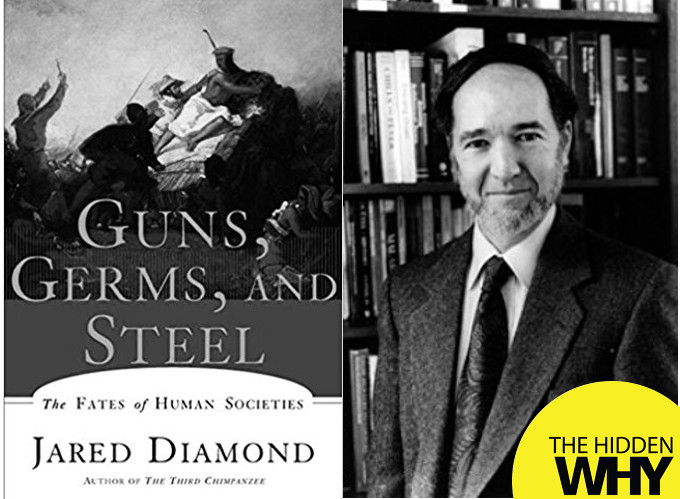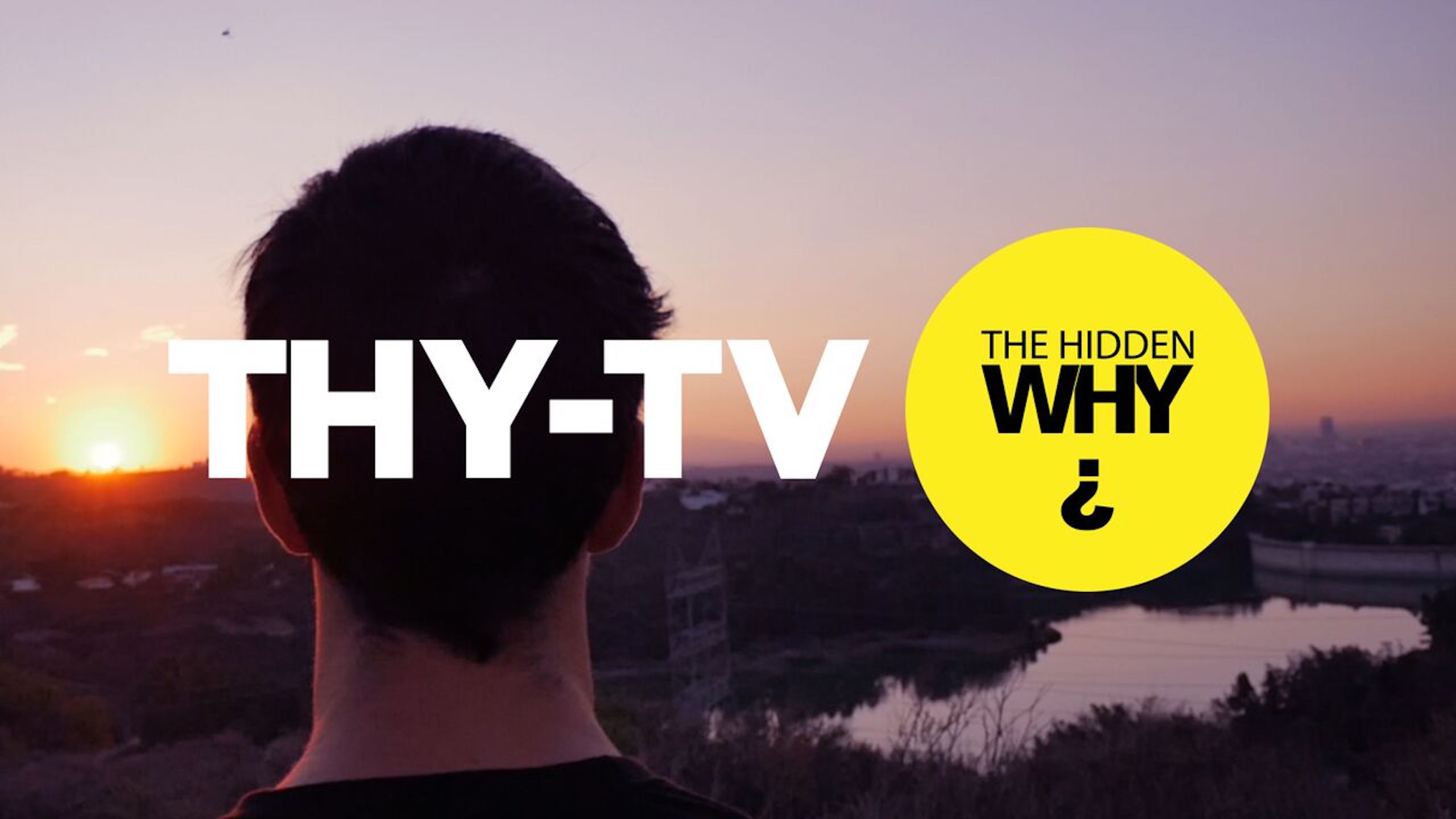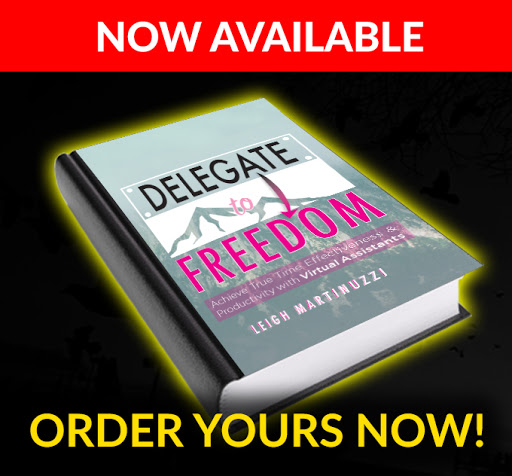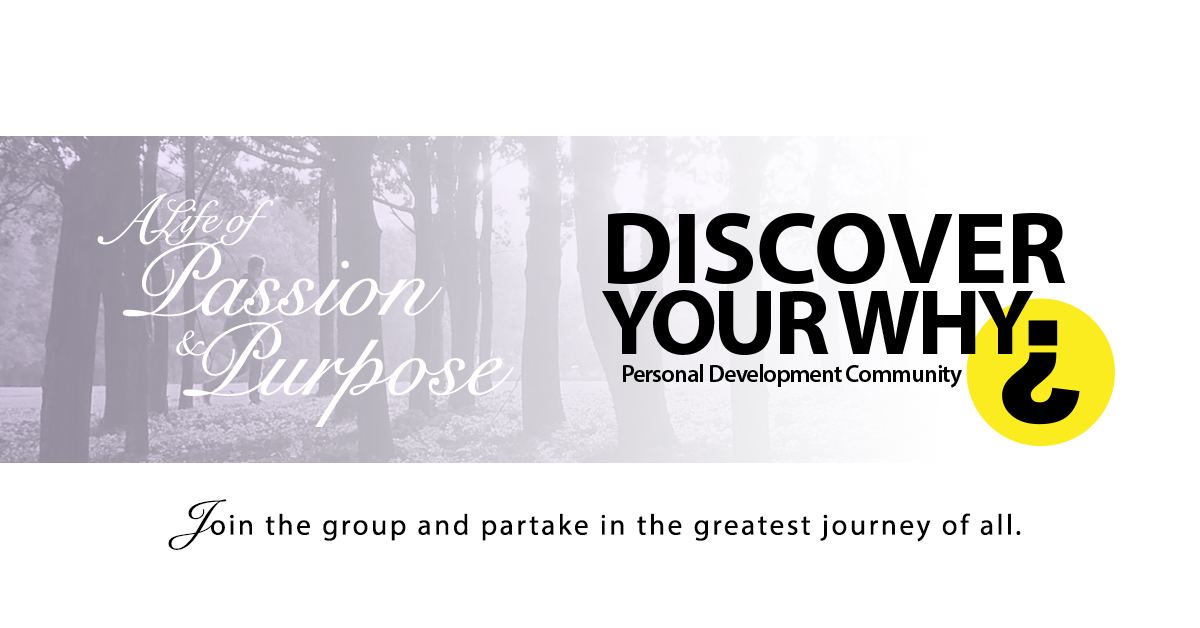
Guns, Germs, and Steel: The Fates of Human Societies
This detailed book on the history of how human societies evolved answers some tough questions about why and how we’ve evolved the way we have.The author Jared Diamond, Ph.D., does a brilliant job to capture the reader’s attention at the start by proposing a series of questions that many of us sometimes may wonder, i.e. How did some people rise to conquer and others did not? Why are there inherent differences exist amongst cultures?
He then with superb details highlights and convincingly provides researched theories on why it is so.
If you are a fan of Sapiens by the author Yuval Noah Harari – read my review here, then you will surely love this read also. I thoroughly enjoyed Harari’s work not only for the knowledge shared but his narrative used to tell a story that inspiringly outlines why Humans evolved to rule the world.
In this book, Diamond shares much more detail, in approximately the same length, filling in the gaps and missing bits of information but perhaps it wasn’t as excitable as the storytelling used in Harari in Sapiens. A fine read nonetheless.
Without being a student of history, I find it easy to understand the theories shared on human and societal evolution. For that reason, I think anyone can enjoy and benefit from this book and other books of history. History shares the stories that have shaped society. When there is a story we have a better ability to understand, and I believe in understanding the nature of society, culture, race, religion etc., we have better hope to raise compassion – and that can only help unite, improve cooperation, and ultimately our progress.
History can highlight why things are the way they are and in the lessons we discover may we better be able to navigate our way towards greater peace, harmony and joy.
You may think based on the title that the book is about the advancement of guns, germs and steel – and you’d be correct. However, it’s not just a simple history recap but more a detailed analysis of how and why they came to be as they are today. Diamond goes much deeper and further back to really explain where the innovations and disease that shaped modern day society sprung from.
Until 10,000 BC humans of all races were hunters and gathers. The real progression happened, as Diamond reveals when people of certain cultures began agriculture. It changed how people who produced food lived and influenced their lives in both healthy and perhaps less fortunate ways. Those who lagged behind the agricultural revolution suffered.
Diamond gives plenty of enjoyable insight as to why some cultures began to produced food and others didn’t. And it had little to with race and more to do with availability, environment and locality.
I suppose if the one thing that preoccupied most of our daily lives and time – the hunting and gathering of food to support life, was no longer a significant time suck then we had more time to work on other things. Like telling stories, creating, managing, feuding and through collaborative efforts evolving more rapidly than ever before.
The book begins with why and how the agricultural evolution started and how it led to the coming of disease, language, religion, government and technology. And progressively these elements lead to the spread of disease, warfare, cultural similarities and in some cases decimation.
One example is that because of the production of food, particularly the raising of livestock near people, was the cause of many diseases. As we spread we introduced illness to cultures and societies that were preliterate and unfamiliar with such illness and this can obviously not be a good thing.
In summary, this is a masterful piece of work. It’s no wonder it won the Pulitzer Prize. Personally, the key take away for me is a more in-depth understanding of people from all walks of life. It is so easy to judge based on limited perspectives and culture conditions, but history helps improve our knowledge. And as I stated at the start – understanding builds compassion and hopeful that can only lead to untie people for more great things to come for all life.
If this book sounds of interest you can purchase Guns, Germs, and Steel: The Fates of Human Societies
here.
Please leave your thoughts, comments & questions below.
Peace, passion and purpose…
Other books that you may enjoy.
. . . .
Further Reading and Resources
TED Talks: Ideas worth spreading
Elite Daily: The Voice of Generation Y
Four Hour Work Week: How to escape the 9-5, live anywhere and join the new rich.
The Minimalists: How to pursue a minimalist lifestyle and be happier.
Mind Hacks: Tips and Tricks for Using Your Brain
Rich Roll: Plantpowered Wellness Advocate
The Art of Charm: Build confidence, feel comfortable and networking differently.
The Art of Manliness: Encouraging men to be better husbands, fathers, brothers, citizens.
Tiny Buddha: Simple wisdom for complex lives.
Mind Body Green: Lifestyle media brand dedicated to inspiring you to live your best life.
Zen Habits: Find simplicity and mindfulness in life.
Creative NonFiction: “true stories well told.”
Barking Up the Wrong Tree: science-based answers and expert insight on how to be awesome at life.
The Positivity Blog: Practical articles on happiness, self-esteem, productivity and social skills.
FIND YOUR HIDDEN WHY with THE HIDDEN WHY (THW)
BUILD YOUR LIFE AROUND YOUR PASSION AND LIVE WITH PURPOSE
Sign up for free below and receive cool stuff from me each week + Plus a free copy of “The Four Pillars of Success”
In my weekly emails you will receive ideas, thoughts, learning’s and inspiration on:
- How to design a life that you want and live by your terms
- How to live a life with passion & purpose
- Methods, strategies, & techniques on life hacks
- Messages on how to better live your life
- We will also keep you up to date with fantastic interviews from THW podcast













Leave a Reply